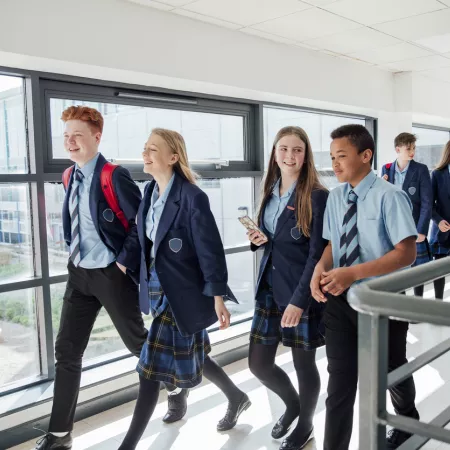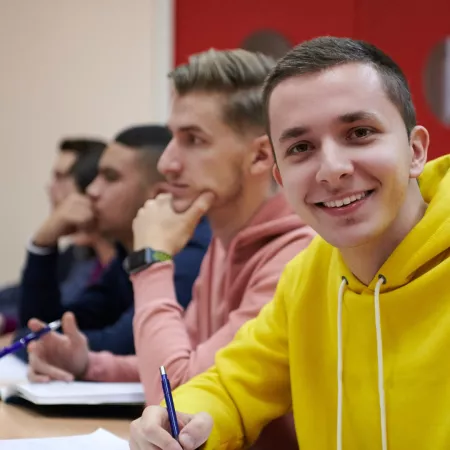
Will epilepsy affect my learning?
Learn how epilepsy can impact learning and discover strategies, tools, and support which can help.

Along with the usual checklist of uniform and equipment, children and young people with epilepsy and their parents will be thinking about the support they will get from the school or college at the start of the new academic year.
In September you or your child may be starting a new school, college or university, or a new year group. Whether or not you have a new teacher and a new peer group or you're going back to familiar faces, there are a few things to think about before starting back:
An Individual Healthcare Plan (IHP) is a detailed document created for school-age students with medical conditions, such as epilepsy. It describes your seizures, how your condition is best managed, and the impact it has on your learning and behaviour, including any anti-seizure medication side effects.
You can find out more information and Individual Healthcare Plans and what is included here.
Our Guide for Schools is for people who work in schools or other educational settings. It provides information on supporting young people with epilepsy to ensure they are safe and included in all aspects of school life.
We offer FREE online training for educational professionals in schools, colleges and universities.
You can find out more about our training offer to educational professionals here. Refresher courses are also available, which we recommend taking annually.

Learn how epilepsy can impact learning and discover strategies, tools, and support which can help.

As a young person with epilepsy, you have certain rights at school including: An Individual Healthcare Plan, reasonable adjustments and support with exams.

Explore guidance and resources for students with epilepsy transitioning to further education, from managing health to academic success.

Find helpful tips and resources for students with epilepsy to manage stress, stay organised, and succeed during exam season.
A space for young people, aged 13+, who are living with epilepsy, for them to share, learn and find support.